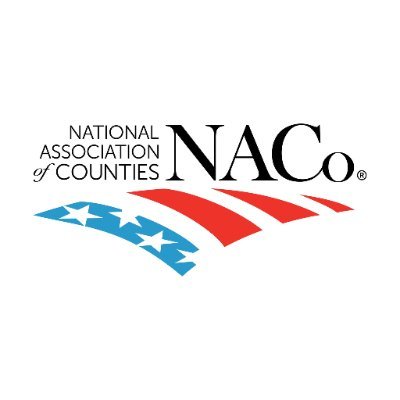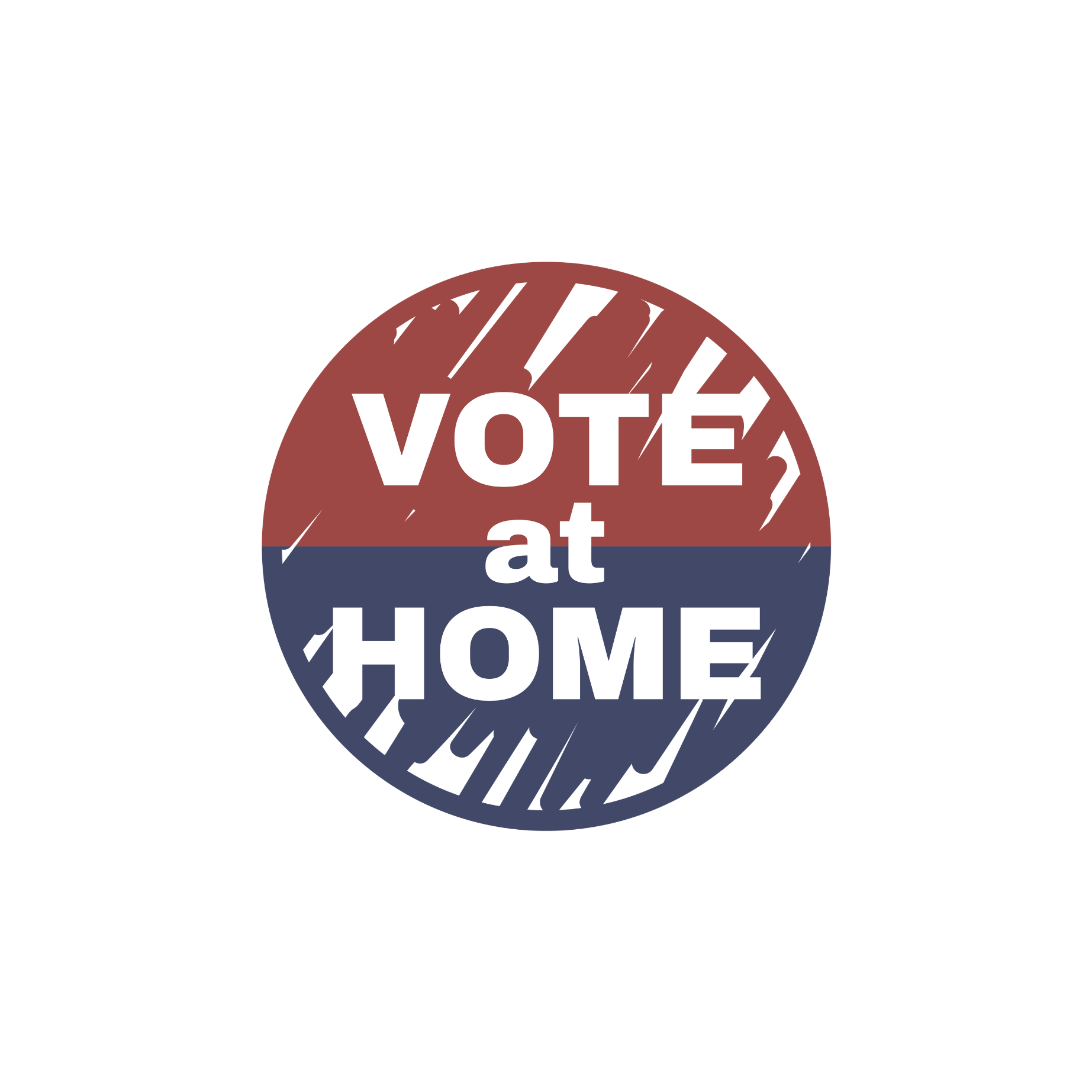NPR — The state of Washington has been allowing election officials to count mail ballots that don’t make it to their office until after Election Day for more than a hundred years now. It’s a practice that could be prohibited in upcoming elections, thanks to a sweeping executive order signed by President Trump last month.
Whether the order stands, though, is an open question. So far, there’s been a slew of lawsuits filed against the current administration in response to this election order — including one recently filed by 19 states.
Ultimately, Barbara Smith Warner said she thinks Trump will not be allowed to tell states they can’t count mail ballots after Election Day.


